We’ve recently talked about the importance of morning and night routines, as well as skincare routines, and today, we’re here to talk about the importance of sleep on our health and, as a consequence, our skin.
Sleep is essential for healthy brain function and maintaining physical health, and insufficient sleep can lead to weight gain, mental health issues, more stress, and increased chances of disease.
The impact of sleep on aging and overall well-being is an interesting topic: from the fascinating connection between our circadian rhythm and beauty sleep to the effects of insufficient rest on our skin, let’s explore how the quality and quantity of our sleep can influence the aging process.
Contents
The Circadian Rhythm and Beauty Sleep
As with all life on Earth, our bodies respond to the regular cycles of the sun, moon, and seasons – in humans, the biological rhythms are tied to our internal clocks. Those internal clocks control cycles like sleep and wakefulness, body temperature, hormones, etc.
There are five biological rhythms: Diurnal (night and day), Circadian (24 hours), Ultradian (less than 24 hours), Infradian/Circalunar (1 month), and Circannual (one-year cycle).
The circadian rhythm, a roughly 24-hour cycle that regulates our sleep-wake patterns, as well as various physiological and behavioral processes, is most affected by light. During sleep, our bodies perform essential restorative processes while repairing damaged cells and tissues. Hormones like growth hormones, which are responsible for cell regeneration and repair, are released in greater quantities during the deep sleep stage, which helps in the rejuvenation of our skin and body.
The Meaning of Beauty Sleep
But is there such a thing as beauty sleep? Actually, there is, and the term is more than just a catchy phrase. When we consistently get good quality sleep, the skin rejuvenates, resulting in a fresh and healthy look, with reduced wrinkles, clearer skin complexion, less puffiness, and dark circles around the eyes.
The Sleep-Deprived Face: A Closer Look
The effects of lack of sleep on our appearance are often referred to as the “sleep-deprived face,” which includes:
Puffy Eyes: Eyes are the fact-giver that we didn’t sleep enough because the skin in this area is delicate and more prone to puffiness.
Dull Complexion: Nighttime is prime time for repairing damage and rebuilding cells and tissues, so while we sleep, our skin rejuvenates and improves its vitality, resulting in radiant skin in the morning. And lacking enough sleep can leave the skin looking dull and tired.
Fine Lines and Wrinkles: Does lack of sleep cause wrinkles? Chronic sleep deprivation can fasten the aging process, leading to fine lines and wrinkles forming.
A small study involving Korean women in their 40s discovered that visible changes happened within a single day of experiencing sleep deprivation. The skin’s elasticity, indicating its capacity to return to its original state, was noticeably lower, while the skin hydration also significantly reduced after the first day and kept decreasing.
Wrinkles and Lack of Sleep: The Undeniable Connection
As mentioned, lack of sleep has an undeniable connection with the wrinkles. Collagen, a crucial protein for maintaining skin elasticity and firmness, is primarily produced during the deep stages of sleep. When the body consistently lacks enough sleep, it is natural for the body to produce less collagen, which eventually leads to wrinkles.
Aside from collagen, reduced blood flow to the skin can hinder the skin’s ability to repair and regenerate. The blood in our body carries all essential nutrients and oxygen to the skin cells. If it’s compromised due to lack of sleep, the skin’s ability to rejuvenate and heal is lower, which also impacts the formation of wrinkles and other signs of aging.
This means that quality sleep is not only vital for overall well-being but also plays an important role in taking care of our skin.
How to Achieve Better Sleep?
Ten Minutes of Sunlight: if you can, spend ten minutes watching the sunlight every morning. Viewing a low solar angle of sunlight (around sunrise or sunset) stimulates your circadian clock for daytime wakefulness, nighttime sleep, mood, and health.
One Hour Without Blue Light: try putting your phone down at least one hour before bed. The blue light emanating from the mobile screen blocks the melatonin hormone that regulates our sleep and wake cycles. This results in taking you longer to fall asleep.
Don’t Eat Before Going to Bed: eating late in the evening can interfere with your ability to fall asleep, as your body’s internal thermostat heats up while digesting. Since your body temperature needs to drop to fall asleep, it is advisable not to eat directly before bed.
Late Evening Excercise Heats You Up: same with eating before bed, try to schedule your workout a couple of hours before going to bed.
Here Are a Few More Things We Can Do to Rejuvenate the Skin:
Drink Enough Water
Water is an essential component of the body and plays a crucial role in maintaining health, including skin condition, such as moisture levels and elasticity.
Staying hydrated helps the skin maintain an even skin tone and texture and minimizes the appearance of fine lines and wrinkles.
While we lose collagen with the lack of sleep, water is a key component in producing it. So, by drinking enough water, we help the skin to stay firm and stop premature aging.
Maintain a Healthy Diet
We’ve already written on the topic of clear skin eating and how the gut-brain connection affects our skin. Even by personal experience, we all noticed how junk food and cheat days when we indulge in chocolate and potato chips can cause inflammation and acne. The science backs up the connection between healthy food and healthy skin: regular fruit and vegetables and a balanced diet are crucial in maintaining healthy skin.
Moisturize
While our body has natural mechanisms that keep the skin hydrated, exposure to sun, wind, cold, dehydration, lifestyle choices, and aging dry the skin out. Hydration is important for not only how our skin looks, but also how it feels, and how well it is able to protect us. Properly hydrated skin acts as a natural barrier to external elements. That is when we resort to creams, lotions, and serums to trap the moisture inside our skin.
What if we told you there was a way to indulge in the benefits of five anti-aging spa facials in just two minutes at home? Using UFO™ 3 facial hydration device increases skin moisture levels by 126% in one use – because, unlike traditional moisturizers and masks, UFO™ 3 provides deep, long-lasting hydration by pushing the active ingredients in your skincare deep into the dermis, where they work best. The treatment uses heating thermo-therapy, cooling cryo-therapy, gentle T-Sonic™ massage, and full-spectrum LED therapy to activate the hydrating masks designed specifically for the product. It is also a great way to unwind after a long day, as an indulging bedtime routine.


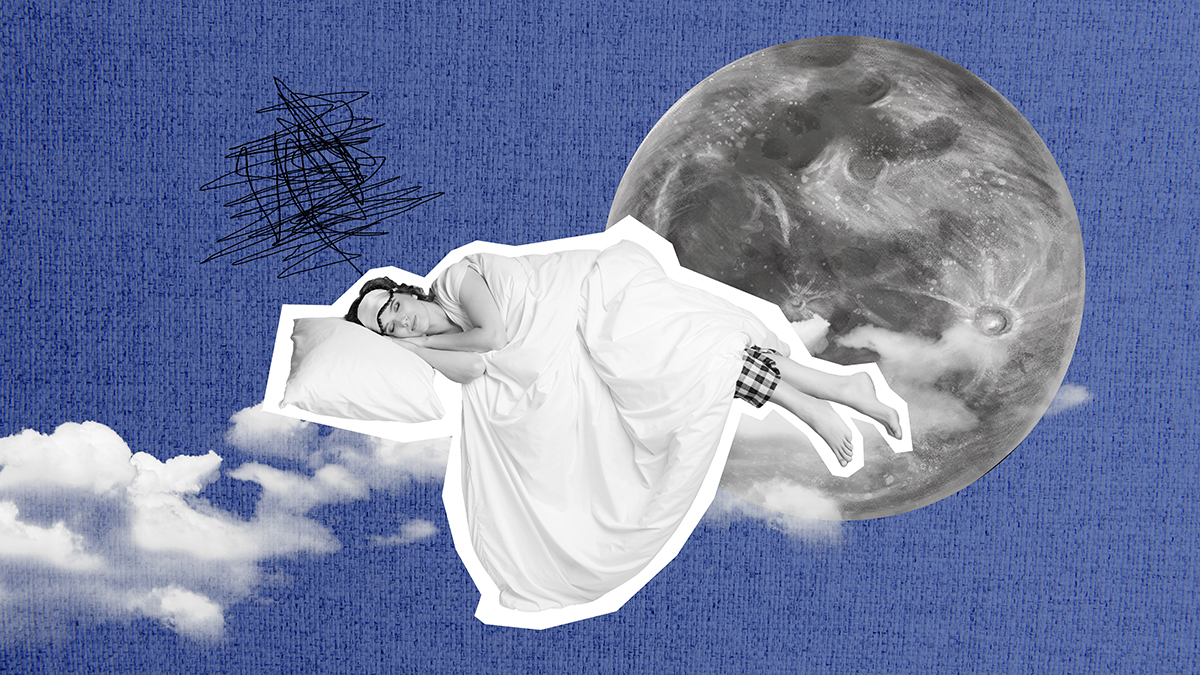

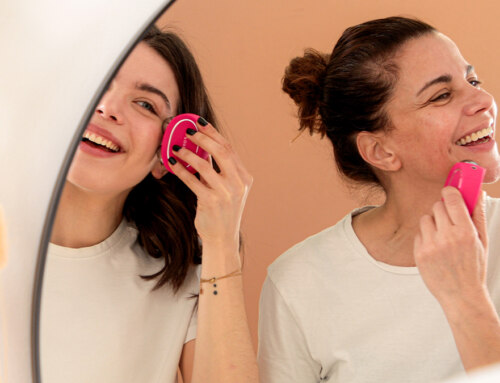
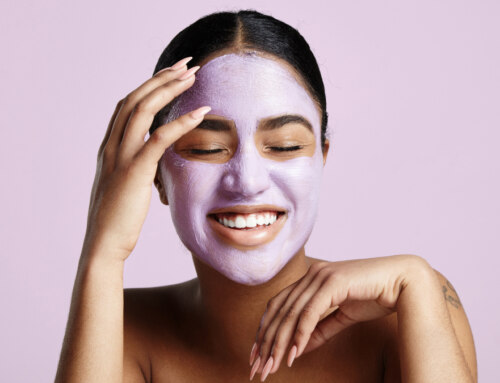
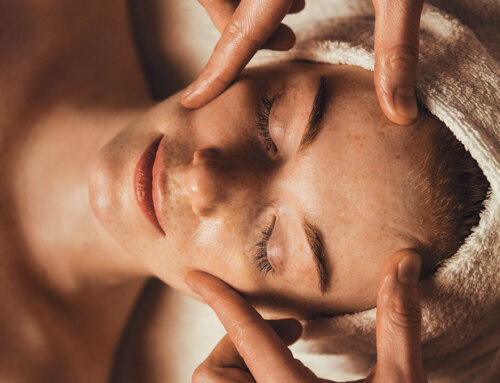

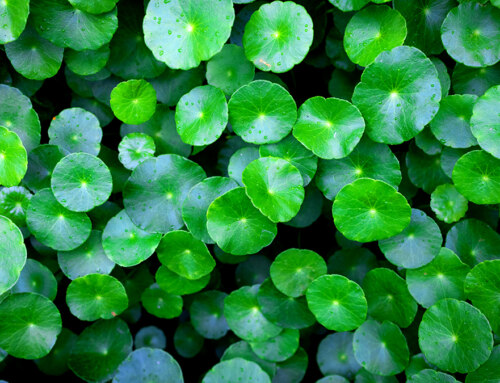
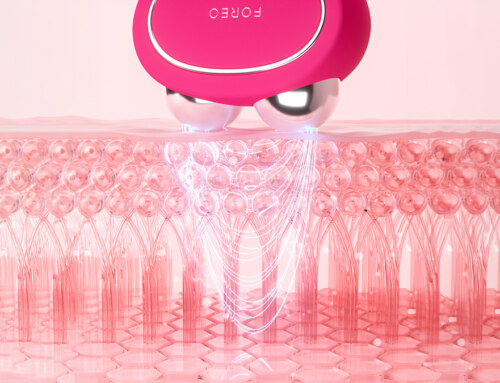
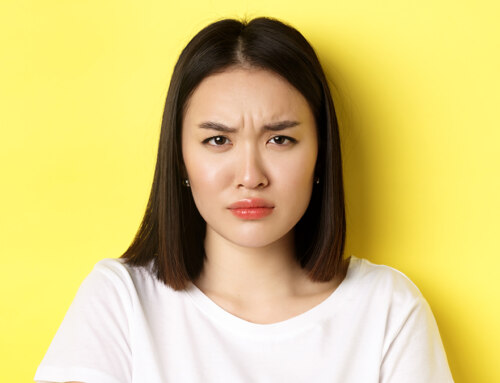
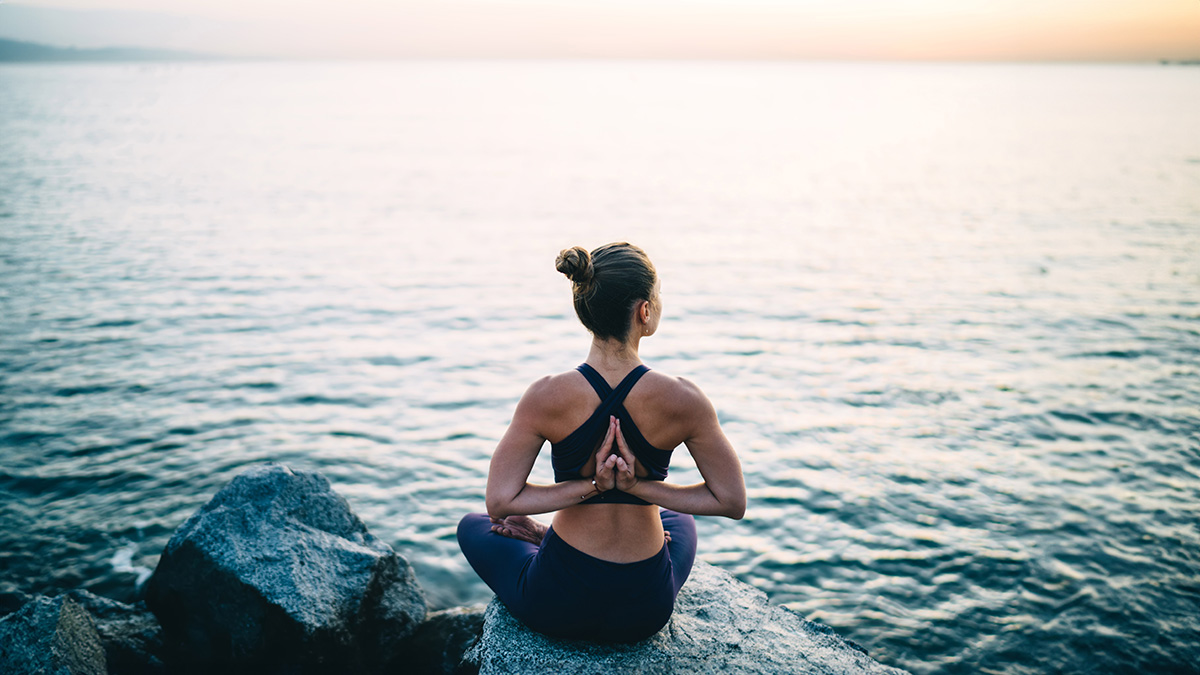
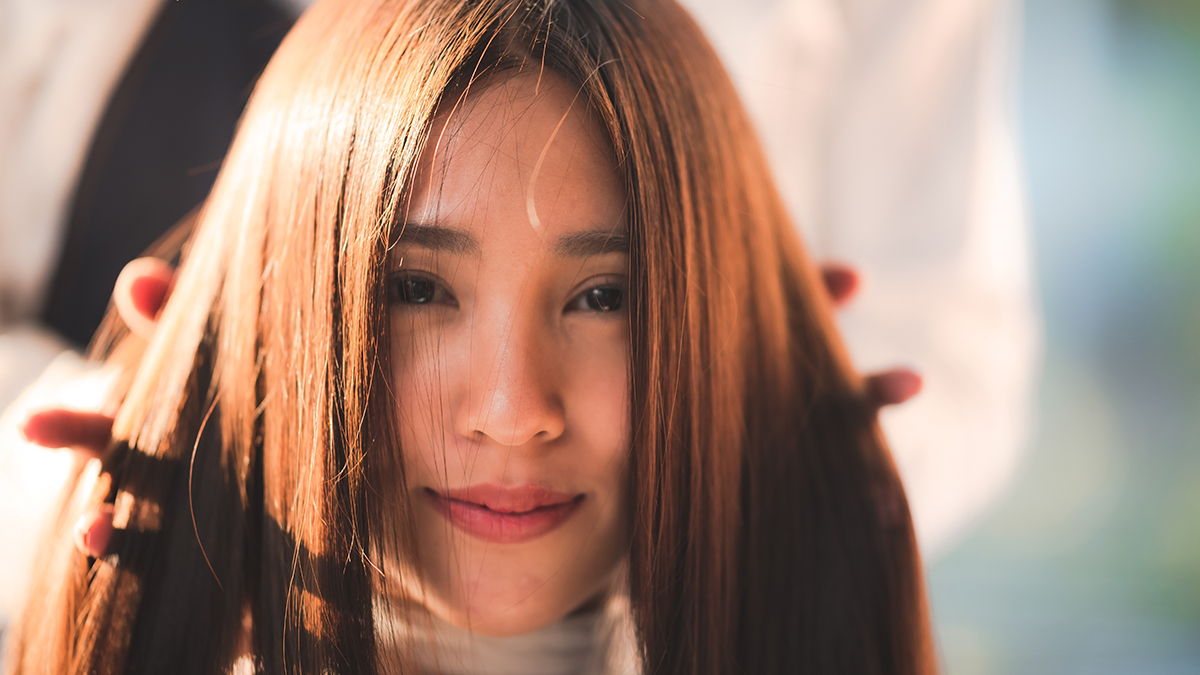
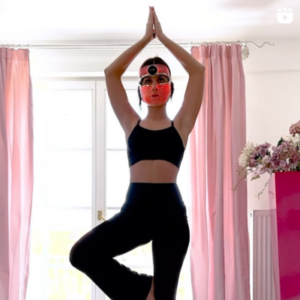
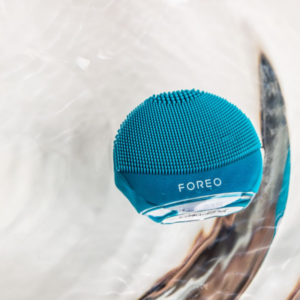
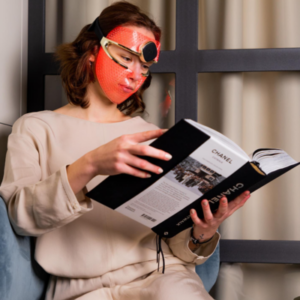
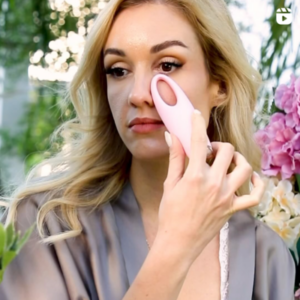
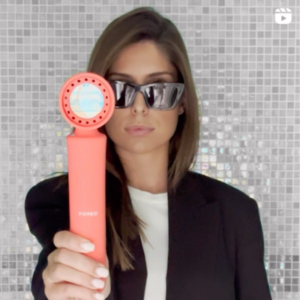
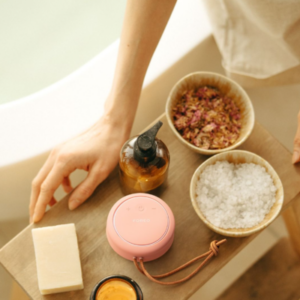
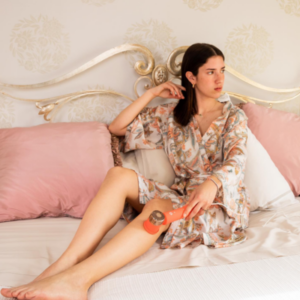
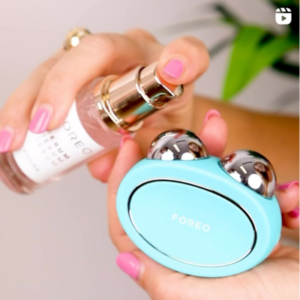
These are excellent tips for getting beauty sleep, thank you for sharing these. I really try to get enough sleep, to drink a lot more water than I do, and to not eat before bed, but it’s a little hard to break bad habits even when they take a toll on the visiual appearence.
Hello there,
We’re glad you found our beauty sleep tips helpful.
Breaking bad habits can be tough, but your efforts to prioritize sleep, drink more water, and avoid late-night snacks are commendable.
Keep it up, and you’ll see positive changes in your appearance. :)
I use Ufo 3 and it really hydrates my skin very well. Excellent device
Hello Kate,
Glad to hear you liked your UFO™ 3 alien – it will give you an outer-galactic skincare experience! :D